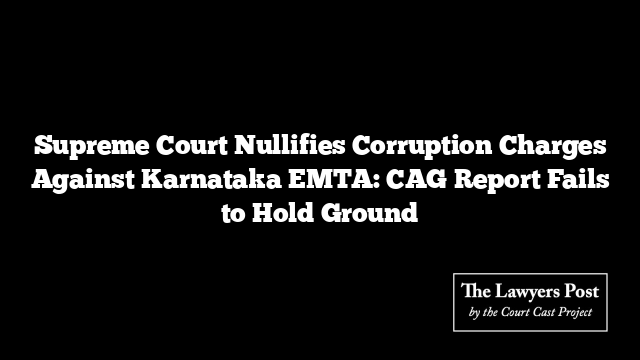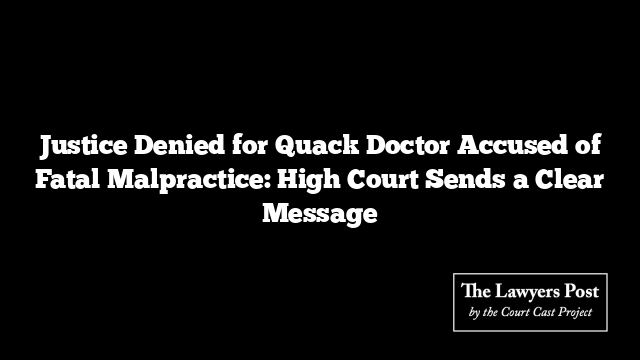In a landmark ruling, the Supreme Court quashed corruption charges against Karnataka EMTA Coal Mines Ltd, rejecting the credibility of the 2013 CAG report that formed the basis of the case. The court’s decision, delivered on August 23, overturned two orders by the Special Judge, CBI, who had framed charges based on allegations of illegal coal sales and financial misconduct.
The controversy stemmed from the allocation of coal blocks between 1993 and 2011, challenged under the principle that natural resources were mishandled without adherence to mandatory laws. In this context, a Joint Venture Agreement (JVA) was established in 2002 between Karnataka Power Corporation Limited (KPCL) and Eastern Mineral and Trading Agency (EMTA), leading to the formation of Karnataka EMTA Coal Mines Ltd.
The Central Bureau of Investigation (CBI) initiated its probe following the CAG’s audit report, which accused the company of conspiring to profit unlawfully from coal rejects. However, the Supreme Court highlighted significant flaws in the CAG report, pointing out that it was never tabled before Parliament, thereby lacking the necessary scrutiny from the Public Accounts Committee (PAC).
Moreover, the court noted that two sanctioning authorities had previously refused to prosecute the company’s directors, citing a lack of factual basis in the CAG report. The CBI’s decision to proceed with the case despite these refusals was also criticized.
The court further emphasized that the inherent powers under Article 136 of the Constitution were appropriately exercised in this case, underscoring that the Special Court had failed to apply its mind at the stage of discharge. It concluded that the CBI had embarked on a “roving and fishing inquiry,” misinterpreting contractual clauses and overstepping the boundaries of what was essentially a civil dispute.
In light of these findings, the Supreme Court nullified the corruption charges, reinforcing the principle that criminal intent must be substantiated with concrete evidence, rather than speculative interpretations of audit reports.





